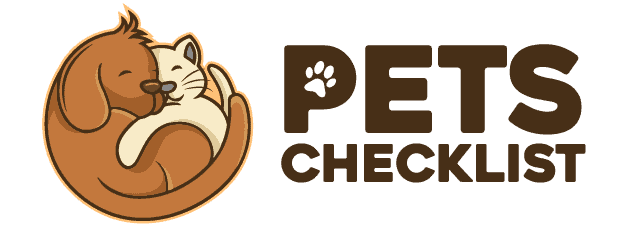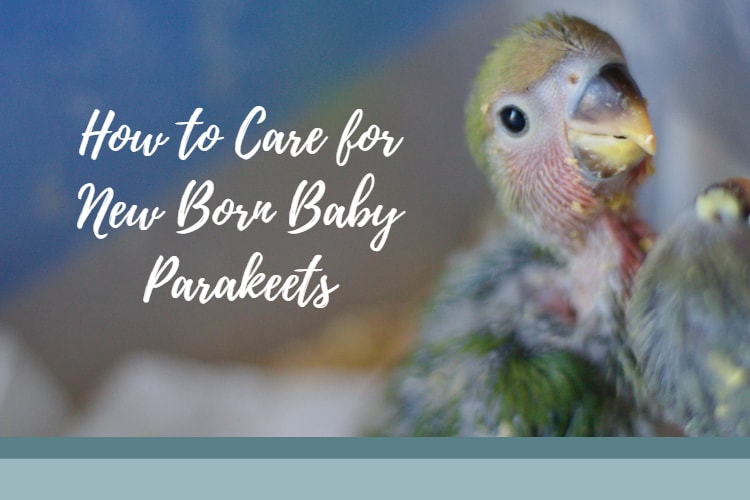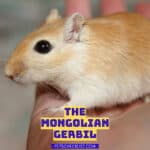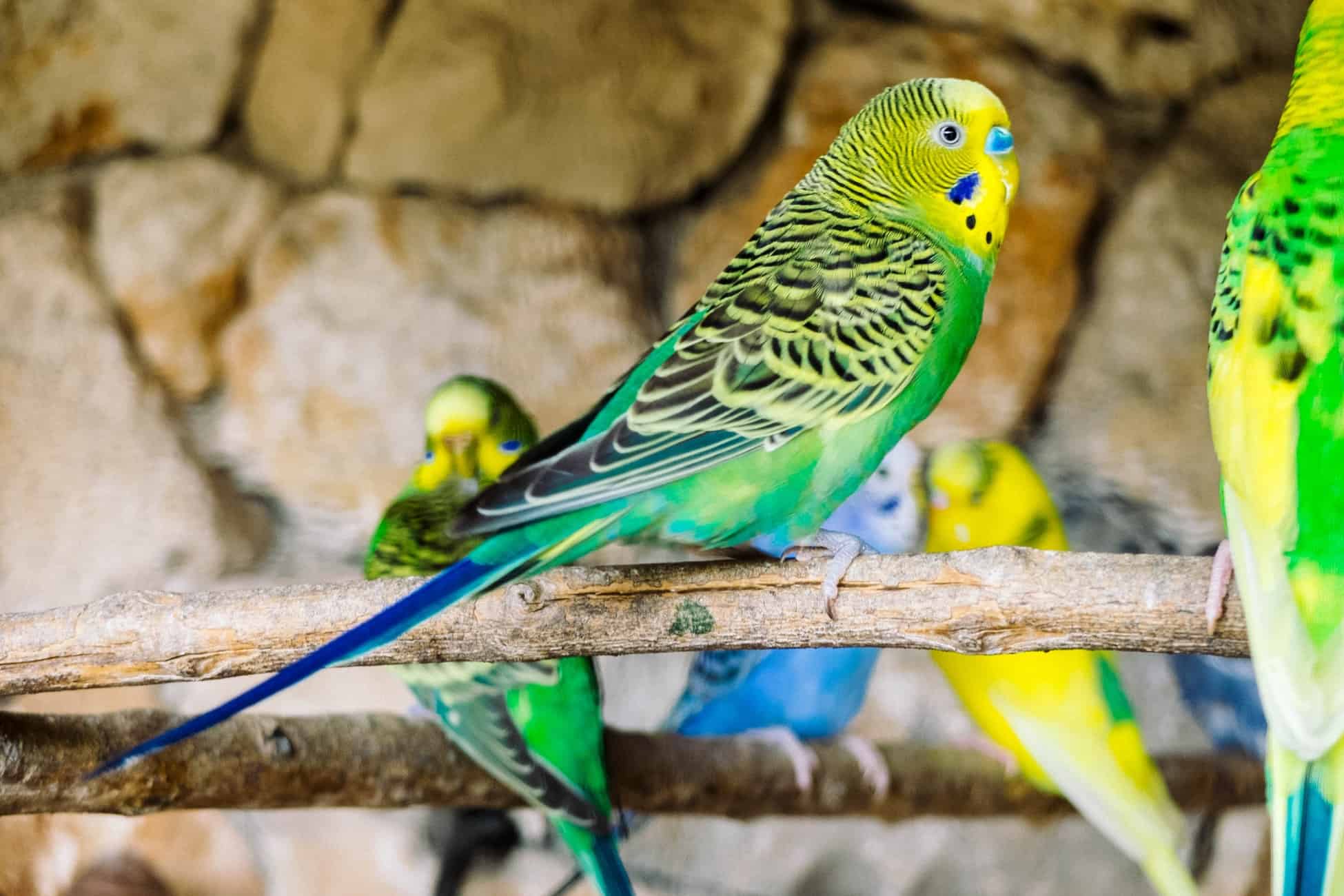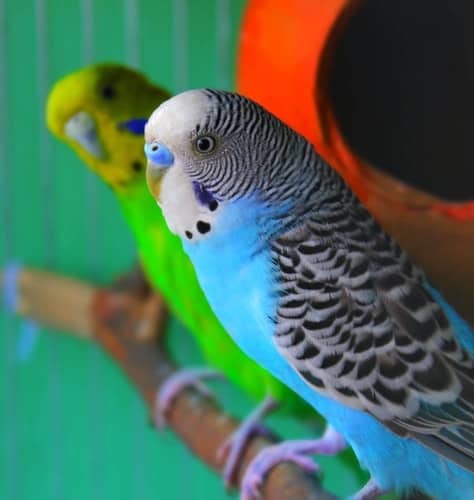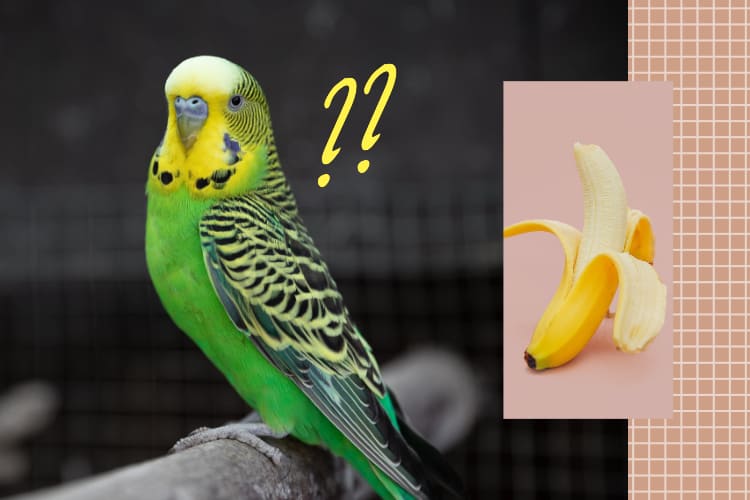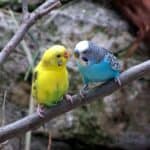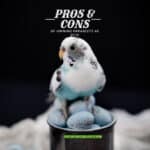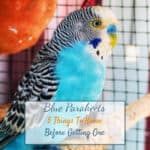For people who are first-timers in terms of keeping pet birds, the parakeets are easily recommended by experts. Aside from being intelligent, colorful, and fun-loving, taking care of them is relatively easy.
However, their needs could change throughout their different life stages. This time, let us explore the things you need to know about caring for newborn baby parakeets. We hope to make them grow and realize how wonderful it is to have budgies as pets.
Table of Contents
How do you take care of a newborn parakeet?
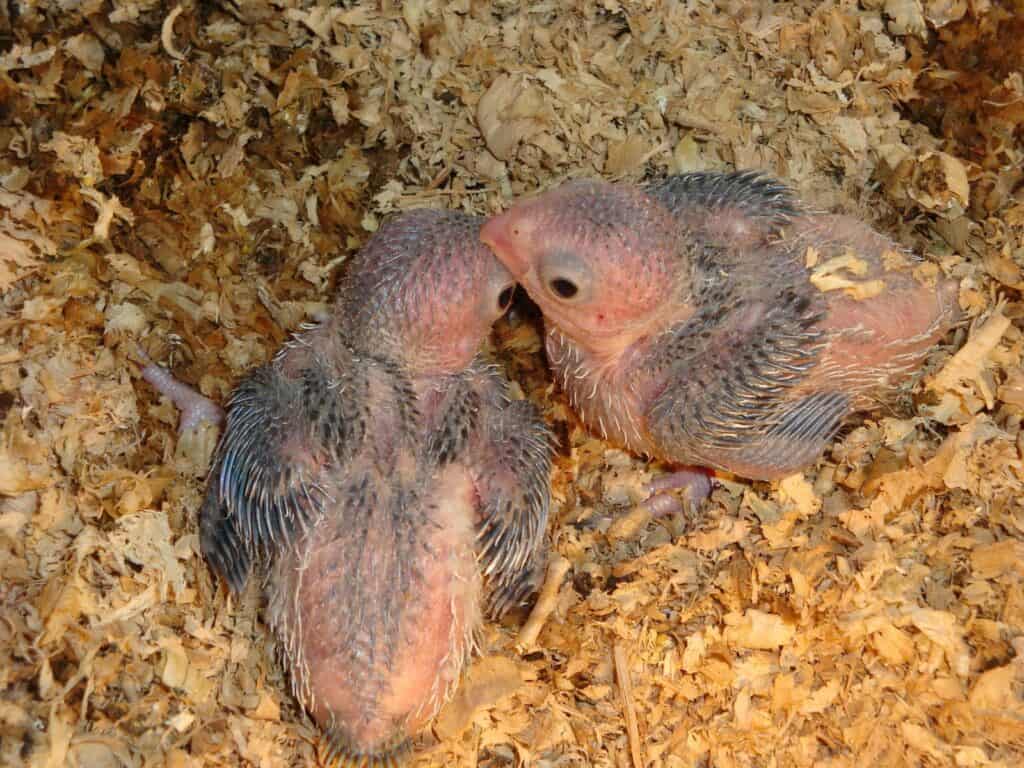
A newborn parakeet can give you the love at first sight feeling just by imagining how beautiful birds they will become. When you have a baby budgie, you must let the parent parakeets do their thing. However, it does not mean that you as the pet owner will be free of any responsibilities. For your part, you have to make sure that your baby parakeet is following a path of a healthy cycle. Sanitation, foods, and socialization are the three factors to observed.
Newborn parakeets are bald, their eyes are closed, and their bones are too weak. The first thing to do is protect their eyes out of direct light and keep the nesting box they were born away from other elements that can harm your baby parakeets. Make sure that there is enough airflow so that they can breathe comfortably. Dirt can be in their feet, so it is essential to clean it gently as possible. That dirt can lead to malformed beak and other health problems this is why regular cleaning of their nest is a must.
There’s no way you can interact with a baby parakeet yet. Let the mother budgie supply the baby’s needs for their development as early as two weeks. Just bring clean water and fresh foods near their nest regularly so that the parent birds can feed their chick. You may want to check the different types of bird foods that are good for them.
Therefore, caring for your new born baby parakeets could be summarized into 5 things:
- Let the parent parakeets do the parenting.
- Make sure that their cage and environment is dry, clean and free from pollution.
- Regularly monitor the parakeet babies and the couple for any potential problems.
- Bring clean water and fresh foods near the nest on a regular basis.
- Consult your vet once the chick is developed and independent for its first check-up.
Why did my baby parakeet die?
A pet owner’s nightmare can happen anytime if they don’t strictly check their bird’s surroundings. A baby parakeet is sensitive and fragile. Therefore, you need to make sure that you can provide a better and safer place for parakeets as you aim to take care of them. But there are unavoidable sudden deaths that may occur.
A baby parakeet is most sensitive to toxins. They can die from inhaling strong fumes such as insecticides and paint. Cooking near your baby parakeet can kill them without any warning. It is because of polytetrafluoroethylene (PTFE). These toxins can be in your kitchen. Your baby parakeet can die within 30 minutes of exposure from a frying pan coated with Plastic PTFE.
Just like any other pets, your parakeets also need water. Dehydration can kill them in a matter of time, so always make sure there’s enough water in the cage. They can also die without symptoms from any diseases. It can be through the genetic pattern which your baby parakeets inherit from their parents’ genes. Baby parakeets get to be fed by their parents.
How to feed a baby parakeet?
Handfeeding can be challenging unless you have experience or an expert is present to guide you. Before you feed your parakeet, you have to warm their formula first. A formula temperature should be between 105- and 110-degrees Fahrenheit. You can hand-feed your baby parakeet as early as two weeks old. Feed them every 3 or 4 hours. You can set a maximum time of 7 to 8 hours as a break from feeding at night if they do not wake up hungry. 2 to 3 ml. of the formula is enough for every time you feed your baby parakeet.
At four weeks, you can start weaning your baby parakeet. Infant formula must be administered every five hours during the day without meals for eight hours overnight. A prescription between 5 and 6 ml. for each food is enough to sustain their meal a day.
It is now time to offer various foods such as millet sprayers, small pieces of vegetables, fruits, and finely chopped hard-boiled eggs. At five weeks, continue to provide alternative foods for baby parakeets.
List of foods I can feed my baby parakeets
A baby parakeet is relatively easy to feed. However, it should go along with a strict guideline since they are babies still. Most pet owners prefer to purchase seed mixed at pet stores since they are extra careful and afraid to do it by themselves. But feeding them a seed alone does not provide a proper nutrient for the development of the baby parakeet.
A baby parakeet can be fed with additives that offer a correct mix of nutrients, vitamins, and minerals. Inexpensive blended feeding stuff is not appropriate for baby parakeets, an expert said. It may contain mixtures that are not good for young parakeets. You can also offer them other foods such as small pieces of vegetables, fruits, millet sprays, and chopped hard-boiled egg. Make sure to rinse them well.
Vegetables are appropriate for baby parakeets. You can feed them small portions of carrots, green lettuce, spinach, squashes, corn, peas, and cabbage. These vegetables contain vitamins K and C, fiber, calcium, and iron. Basically, they require baby portions of foods for parakeets.
For fruits, oranges, bananas, coconut, pineapple, apple, and mango are appropriate for your baby parakeets. They are rich in vitamins and minerals that are good for their development. These include vitamins A, C, and E, magnesium, zinc, and phosphorous.
What fruits can baby parakeets not eat?
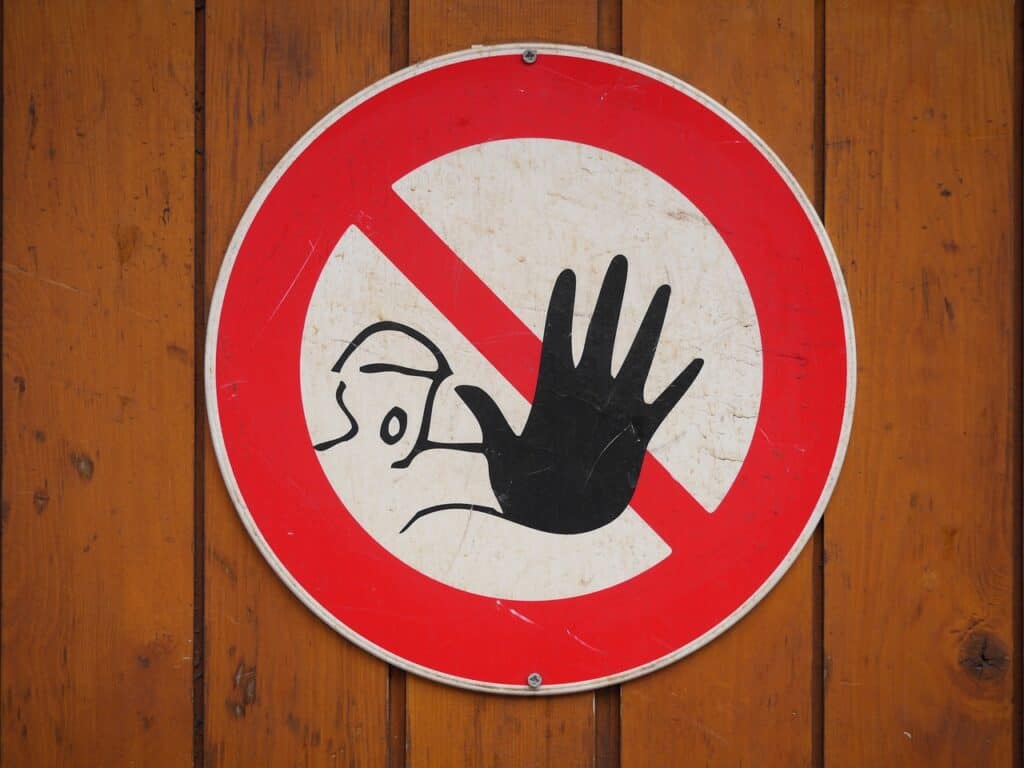
Not all fruits are essential for baby parakeets to eat. Some may seriously affect your parakeet’s health condition. Fruits, if not washed properly can have a speck of excess dirt that your parakeets can eat. The number one fruit that you need to avoid is avocado. The skin and pit of this popular fruit are known as the cause of cardiac distress and heart failure. Keep your parakeets far away from avocado as much as possible.
A baby parakeet should not eat apple seeds, apricots, cherries, peaches, and pears because of cyanide. Cyanide is a complicated chemical that contains a carbon-nitrogen formed in some surprising places. It can make your baby parakeet weak and having hard time to breathe.
Apple is known as a good fruit for your baby parakeets. However, its seeds contain a poison to baby budgies. It can also have pesticides inside the fruit. Clean your fruits before you share them with your parakeets. Prevention is better than cure.
Conclusion
Consider your newborn parakeet as your own, just like how you care for your brothers and sisters. They are newborns, and newborns are precious. Provide them the proper process of their development. Make sure that they are growing happy and healthy. If you can’t assess their needs well, allow their parakeet parents to take care of their baby in the first weeks. Always remember to consult your avian vet if you have any doubts.
Keep an eye on them and monitor their health condition and behavior. You should be proud of how you handle the responsibility as a pet owner. Imagine raising a parakeet with your guidance and support. That’s not an easy thing to do since parakeets are fragile. They will grow the way you wanted to if you consistently give them the best and proper care.
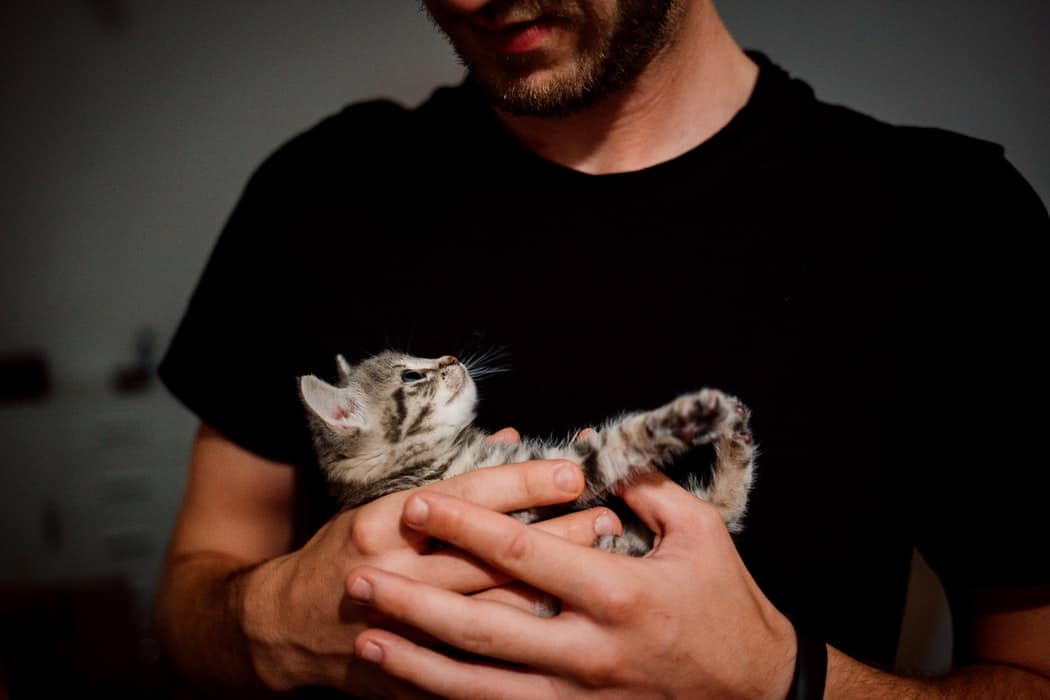
Hezekiah is a pet lover since birth, according to his parents. He started writing for the Pets Checklist in 2020. He is fond of playing with and taking pictures of different friendly animals around his neighborhood. He loves to read and write articles about pets, science, and music.
